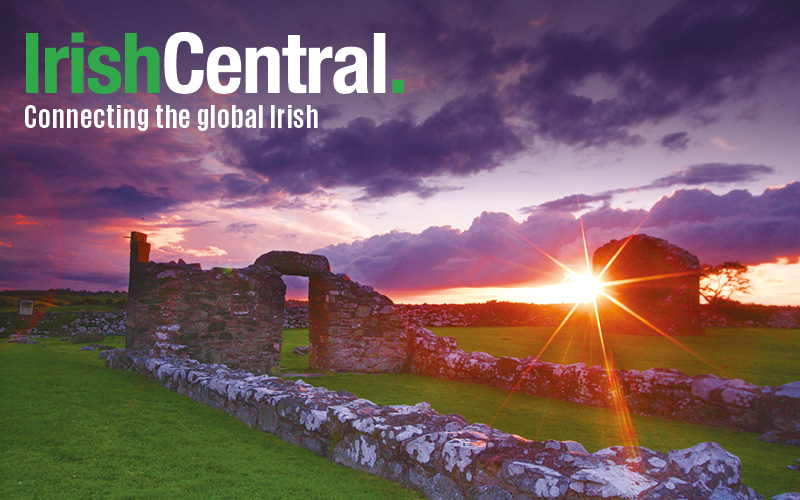It is expected that Pope Francis will dedicate some of his U.S. visit this week to advancing the cause for global unity on climate change and to try to modulate the current anti-immigrant rhetoric.
The pope's trip, though planned around the World Meeting of Families in Philadelphia, begins in Washington, where he will deliver a speech before Congress. The unprecedented speech will give the pontiff a platform to make the climate change argument presented in his encyclical, Laudato Si: On Care for Our Common Home, which the Huffington Post describes as a "global governance and accountability system that incorporates multinational corporations and holds them accountable for their actions.”
Though the pope will have an ally in President Obama, the challenge to curb and address the consequences of man-made climate change and temper the anti-immigration debate are provocative positions to deliver before a body of legislators containing more than a few skeptics.
The idea of pope as lobbyist in American politics at a turbulent time is not without precedent. Just two months before his death in 1963 John XXIII issued his last encyclical, In Pacem in Terris, (Peace on Earth), in which he outlined a vision of universal peace, justice, charity and liberty.
His message arrived in the midst of the Cold War. “The opening of the Catholic Church towards the Communist world after the Second Vatican Council (1962-‘65) surprised the U.S. State Department,” writes Father Pablo Migone, an authority on Vatican history.
Worry persisted that the opening of communication with Communist states that continued into the reign of Paul VI signaled church sympathy toward Communist ideals. But President Johnson regarded the Vatican not as a threat but as a valuable asset for the U.S. The Vatican could be used as a diplomatic mediator.
History will no doubt remember President Lyndon B. Johnson for the escalation of the Vietnam War, but seeds for the eventual Paris Peace Accords were sown in discussions held between Johnson and Pope Paul VI, whose help Johnson enlisted to find a peaceful resolution to the war.
The collaboration surfaced in Johnson’s impromptu meeting with Paul VI during the pontiff’s 24-hour visit to New York on October 4, 1965. Johnson kept open channels to the Vatican, and flew to the Vatican on Christmas Eve 1967 to convince the pope to communicate with those he could not bring to the bargaining table to help end the war.
The pope’s trip to New York was a whirlwind lasting only 14 hours. The visit is documented in an exhibition now on display at the Archives of the Archdiocese of New York in Yonkers.
Paul VI prayed at St. Patrick’s Cathedral, with 55,000 people lining Fifth Avenue. After meeting with Johnson at the Waldorf-Astoria, Paul delivered a message of peace before the United Nations General Assembly.
That afternoon, following a visit to the Vatican exhibit at the New York World's Fair, Pope Paul VI celebrated Mass at Yankee Stadium, with 92,000 in attendance, including the recently widowed Jacqueline Kennedy and her children, seven-year-old Caroline and four year old John Jr.
How will Congress respond to Francis’s message? Environmental journalist Bill McKibben writes, “It’s quite possible -- probable, even -- that the pope will lose this fight. He’s united science and spirit, but that league still must do battle with money."
Yet even if the outlook for a papal win is slim, the collaboration between Johnson and Paul VI can serve as an example of progress. In 1968, Paul sent diplomatic invitations to the U.S. and to Hanoi to begin peace talks compelling Hanoi to name Paris as a site to begin the talks.
Over several months and through complex diplomatic channels Hanoi suggested all meet in Paris on May of 1968. Despite the breakdowns and stalemates, five years later, in 1973, a ceasefire was finally achieved in Paris between Henry Kissinger and Le Duc Tho.
If recent events are a guide, it is unlikely that Pope Francis will effect action on climate change or immigration reform in the near term. The week the encyclical on climate was released, Congress approved trade legislation that bolsters the growing global "rapidification," or integration of the forces of homogenization, technocracy, and finance that Pope Francis has identified as the causes of economic inequality.
Whether Francis can gain traction in Washington for his message that “inter-generational solidarity is not optional, but rather a basic question of justice" remains to be seen, and may be immaterial. His office grants him the currency, and the platform, for a moral argument on behalf of the health of the planet and its inhabitants.
Like world peace, action on climate change is a moral legacy. This pope will capitalize on the opportunity presented by worldwide celebrity to command an audience.
To schedule an appointment to visit the exhibition “Make Me An Instrument of Thy Peace: The 50th Anniversary of Blessed Paul VI’s Visit to New York City” contact the Archives of the Archdiocese of New York at [email protected] or 914-968-6200. Ext. 8365.




Comments